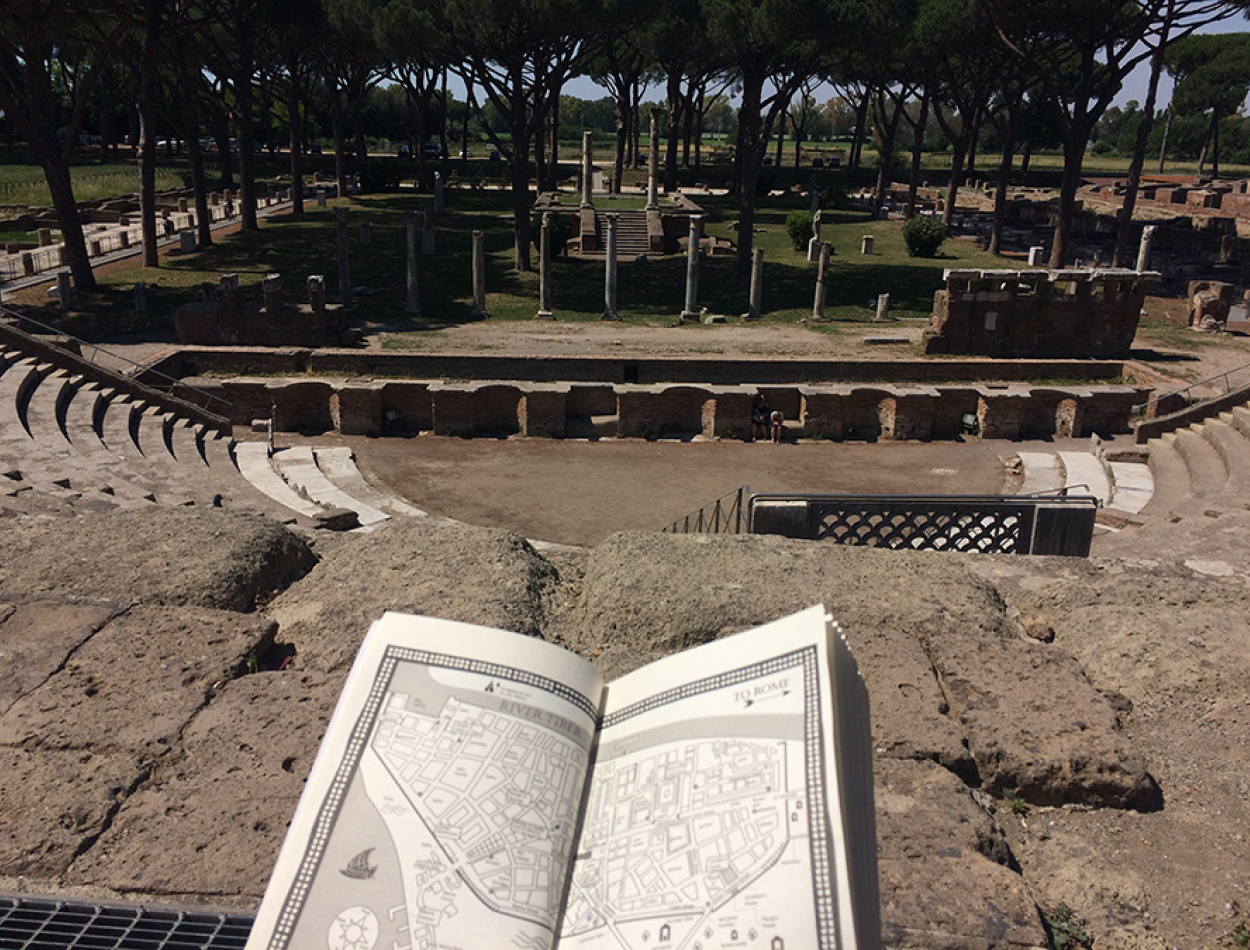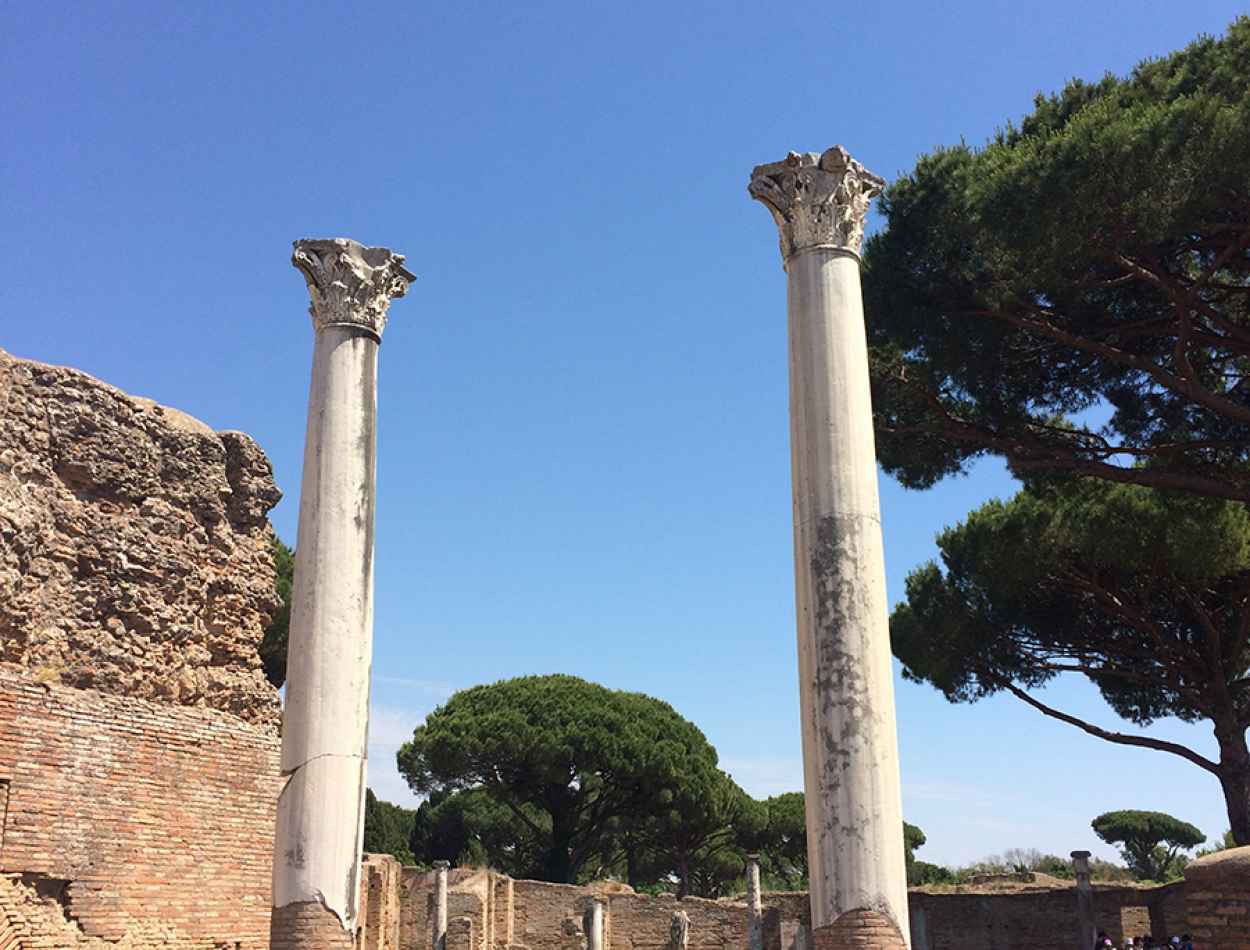Key Stage 5 (Years 12 & 13)
In studying Classics we ask many questions both about the past and about ourselves. Western culture's foundation can be found in the ideas of the Greeks and Romans. Questions that they asked about life and how to live it are questions we still ask today. We cover a range of areas for discussion including politics, war and government, ethics and how we treat each other.
Classics is more than just one subject; Classics is about life: art, language, politics, myth, drama, architecture, law, science, religion, archaeology, philosophy, history.
Classics is for everyone.


